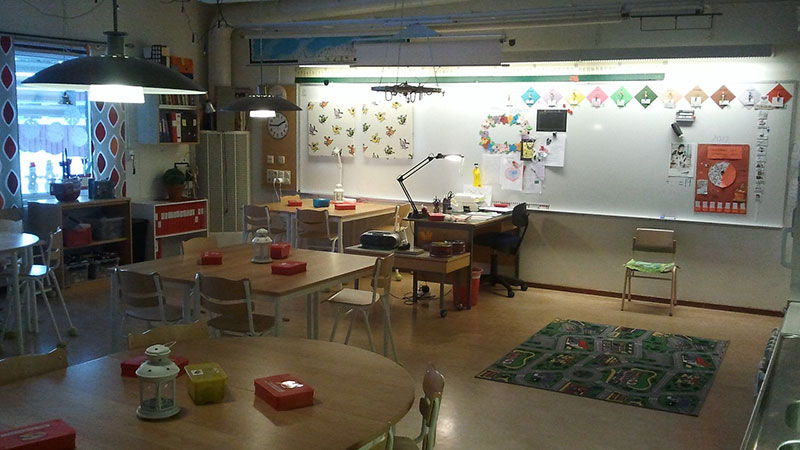Professor Deb McGregor and Principal Lecturer Helen Wilson are excited about the potential for encouraging children’s creative thinking through their primary science lessons. Now, thanks to their joint work, pupils as young as 5 years old are engaging in open-ended science activities that encourage them to think beyond just learning scientific facts.
As a result of Helen and Deb’s collaboration, Thinking, Doing, Talking Science methodologies have been widely adopted by UK primary schools, as well as boosting science provision for some secondary school pupils in Year 7. They have also directly informed approaches to science teaching adopted by leading national and international institutions, including the Wellcome Trust and Science Oxford.
“That was good. You have to think. That makes science fun!”
Year 6 girl


